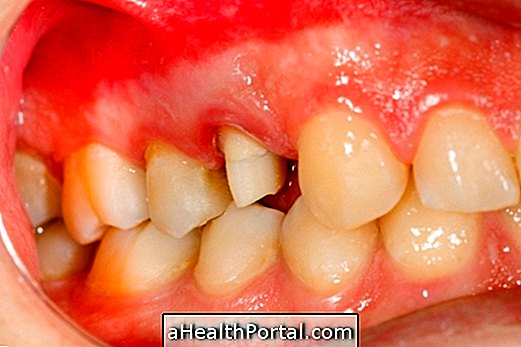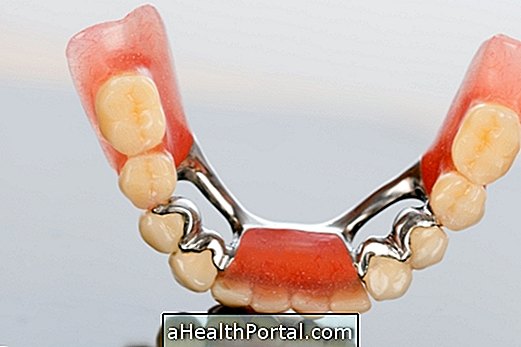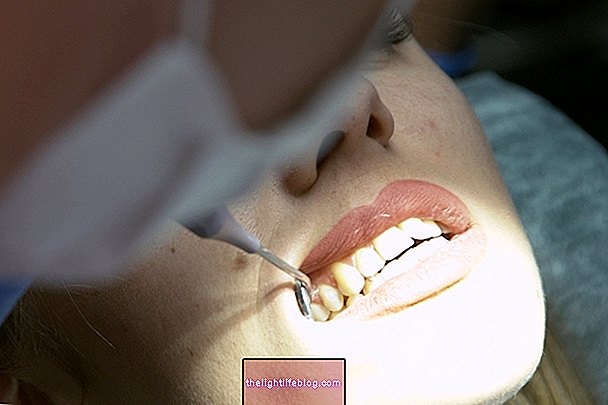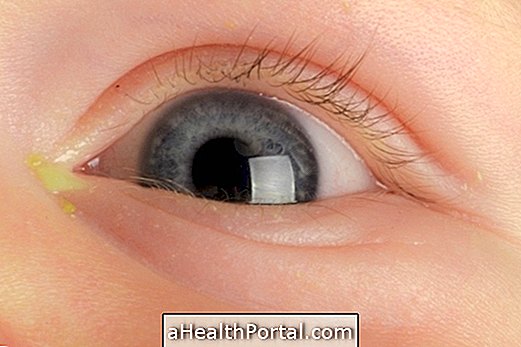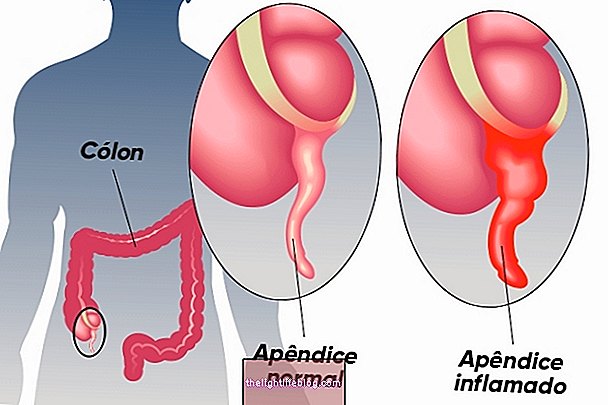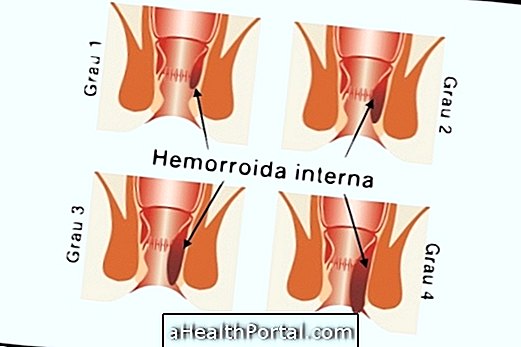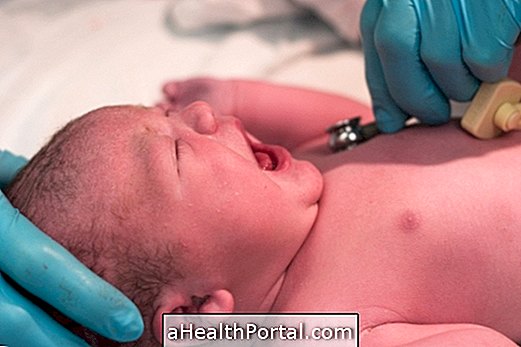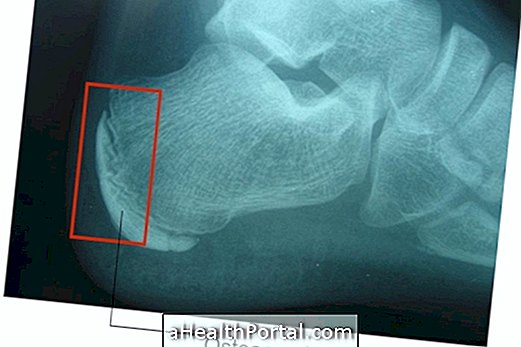The canal treatment is a type of dental treatment in which the dentist removes the pulp from the tooth, which is the tissue that is in the inner part. After removing the pulp, the dentist cleans the space and fills it with its own cement, sealing the canal.
This type of treatment is done when this part of the tooth is damaged, infected or dead, which usually occurs in situations of deep caries or when the tooth is broken, allowing bacteria to enter, for example. Some symptoms that may indicate the need for a channel treatment include:
- Toothache that increases with hot or cold foods;
- Intense pain when chewing;
- Constant swelling of the gums.
If the treatment is not done, and the pulp of the tooth continues to be injured, the bacteria may be able to reach the root of the tooth, leading to the onset of pus and the development of an abscess, which can destroy the bone.
Here's how to relieve toothache while waiting for a dentist appointment.

Price
The price of the canal treatment is on average 300 reais, but may vary depending on the location of the tooth, if there are other treatments involved, and the region of the country where the treatment will be performed.
Does canal treatment hurt?
Doing a canal treatment on a tooth is a procedure that must be done with some dentist's visits, and often causes pain. But it is the only way to save the decayed or decayed tooth.
During the procedure the dentist may administer a local anesthetic, which will prevent the individual from feeling pain, but sometimes it takes more than 1 anesthesia, so that the place really does not feel sensitive and so the individual does not feel pain.
After dental canal treatment, the physician should indicate the use of analgesics and anti-inflammatories to relieve the toothache that should occur next, and in addition it is recommended to feed only with liquids and to rest for at least 1 day.
Can this treatment be done in pregnancy?
Channel treatment can be performed during pregnancy to prevent and treat inflammation and infection of the affected tooth, but the woman should always inform the dentist that she is pregnant.
The anesthesia given during the treatment of the canal is safe for the pregnant woman, not putting at risk the health of the baby. Analgesic and anti-inflammatory drugs used after canal treatment should be indicated for use by a pregnant woman and should be taken under the advice of the physician.

